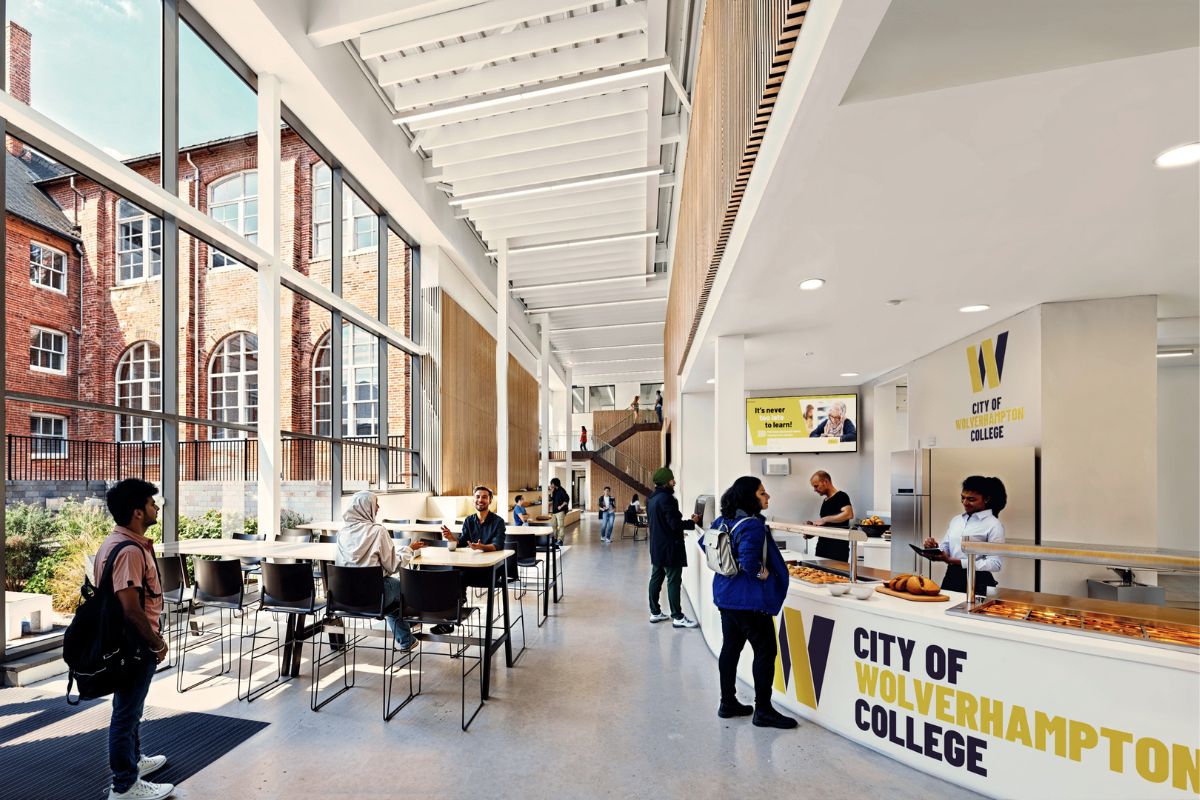The impact of globalisation on higher education: Opportunities and challenges

This article will explore the transformative impact of globalisation on higher education, dissecting the myriad opportunities it brings, such as increased international collaboration and diverse learning experiences, alongside the challenges, including potential cultural erosion and unequal access to educational resources. It offers a concise analysis of the complex dynamics shaping the landscape of higher education in our globalised world.
Globalisation has significantly reshaped the landscape of higher education, ushering in a new era characterised by unprecedented opportunities and complex challenges. As universities and colleges worldwide adapt to the interconnectedness of our globalised world, they are confronted with both promising prospects and daunting obstacles.
One of the most notable opportunities presented by globalisation in higher education is the enhanced potential for international collaboration. Through partnerships, joint research projects, and exchange programs, universities can leverage global networks to enrich academic experiences and drive innovation. Collaborative initiatives enable students and faculty to engage with diverse perspectives, fostering cross-cultural understanding and expanding intellectual horizons. Moreover, international collaboration facilitates the exchange of knowledge and expertise, contributing to the advancement of research and scholarship on a global scale.
Accessing Diverse Learning Experiences Beyond Borders
Globalisation also offers students unprecedented access to diverse learning experiences, transcending geographical boundaries and cultural barriers. With the proliferation of online education platforms and digital technologies, students can now enrol in courses offered by universities worldwide, gaining exposure to a wide range of disciplines and educational approaches. Additionally, study abroad programs provide students with the opportunity to immerse themselves in different cultures, languages, and academic traditions, fostering personal growth and intercultural competence. The digital age brought forth by globalisation has also made educational resources more accessible than ever before. Online learning platforms, open educational resources (OERs), and massive open online courses (MOOCs) enable students from around the world to access high-quality educational materials and engage in learning opportunities offered by prestigious universities.
Furthermore, globalisation has catalysed the internationalisation of higher education, prompting universities to adopt a more global perspective in their teaching, research, and institutional practices. Institutions are increasingly embracing diversity and inclusivity, recruiting international students and faculty, and integrating global perspectives into their curricula. By preparing students to navigate an increasingly interconnected world, universities play a crucial role in fostering global citizenship and equipping graduates with the skills and knowledge needed to thrive in diverse cultural and professional contexts.
Challenges Amidst Global Integration
Despite the myriad opportunities presented by globalisation, higher education also faces some challenges in navigating the complexities of an interconnected world. One such challenge may be that globalisation can exacerbate existing disparities in access to educational resources, widening the gap between privileged and marginalised communities. While digital technologies have the potential to democratise access to education, they also pose barriers for those lacking reliable internet connectivity or technological infrastructure.
Moreover, the pressure to publish in prestigious international journals and pursue research with commercial applications may incentivise researchers to prioritise quantity over quality, undermining the integrity of academic scholarship.
In conclusion, globalisation has fundamentally transformed the landscape of higher education, presenting both opportunities and challenges for universities worldwide. While increased international collaboration and diverse learning experiences enrich the academic experience, they also pose challenges such as cultural erosion, unequal access to educational resources, and the commercialisation of academic research. To navigate the complexities of a globalised world, universities must strike a balance between embracing diversity and inclusivity while safeguarding academic integrity and promoting equitable access to education for all. By harnessing the transformative potential of globalisation while addressing its inherent challenges, higher education institutions can fulfil their mission of advancing knowledge, fostering critical thinking, and preparing students to thrive in an interconnected world.
By Mr Sarwar Khawaja Chairman, Executive Board, Oxford Business College











Responses